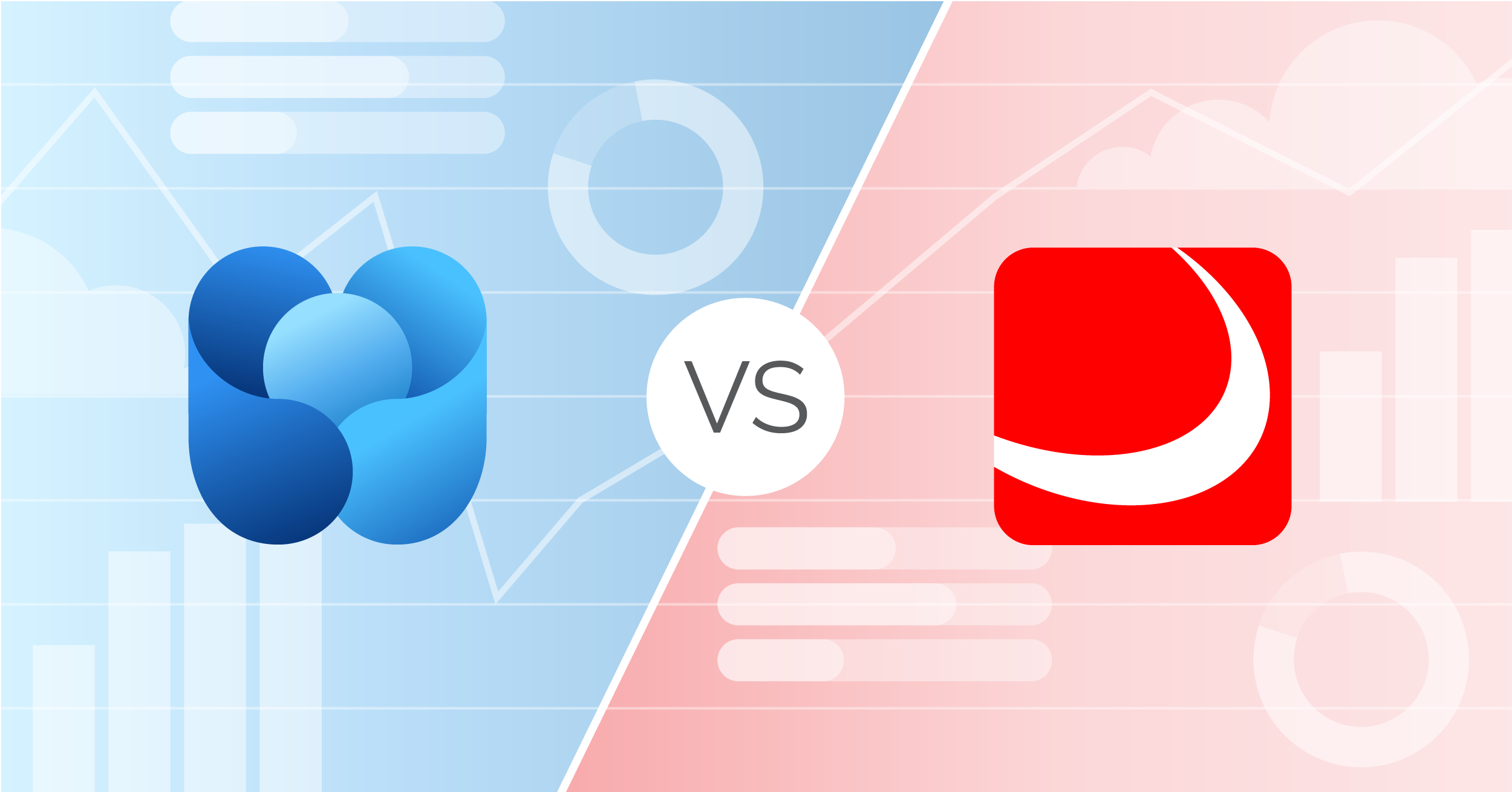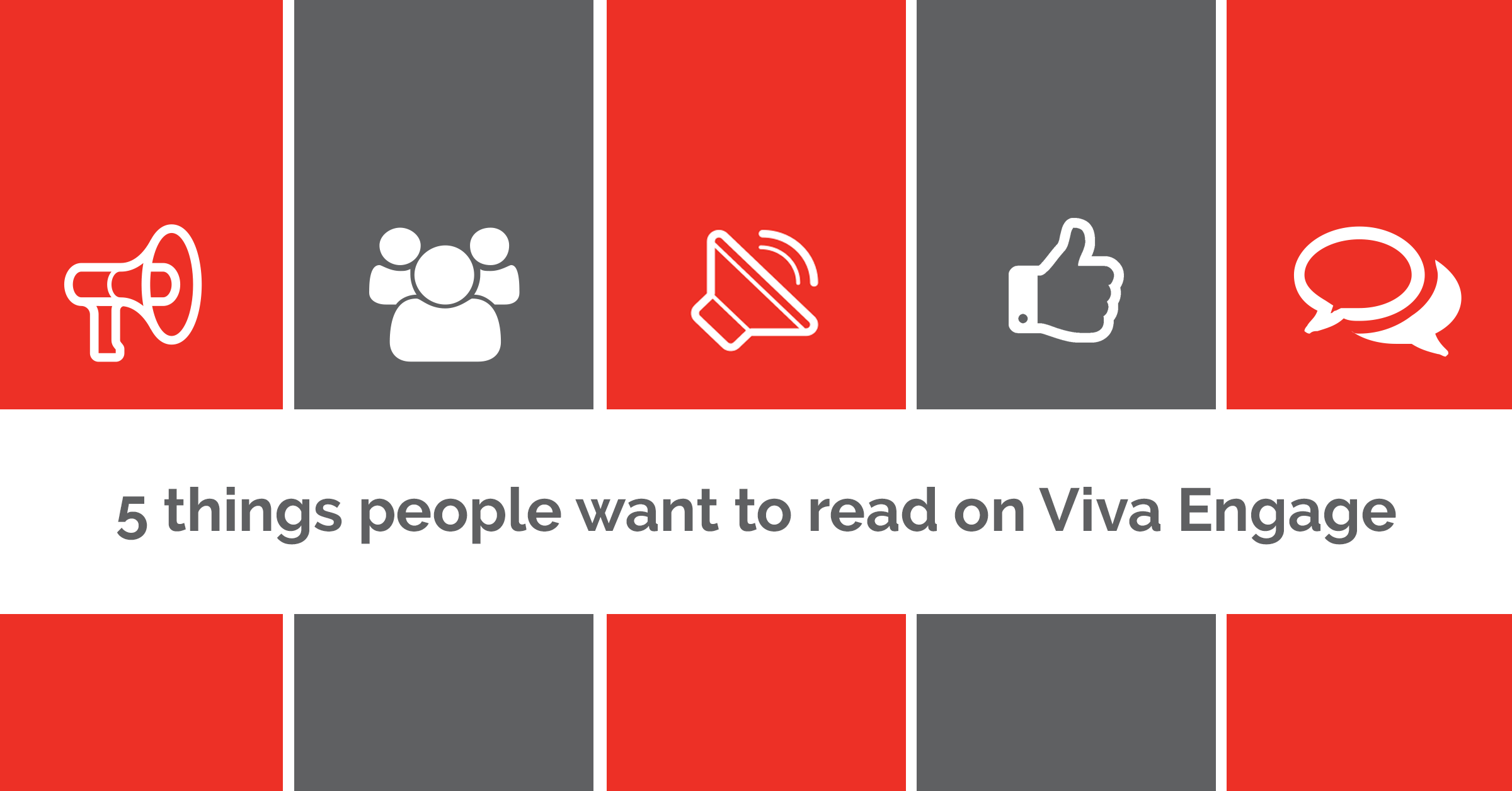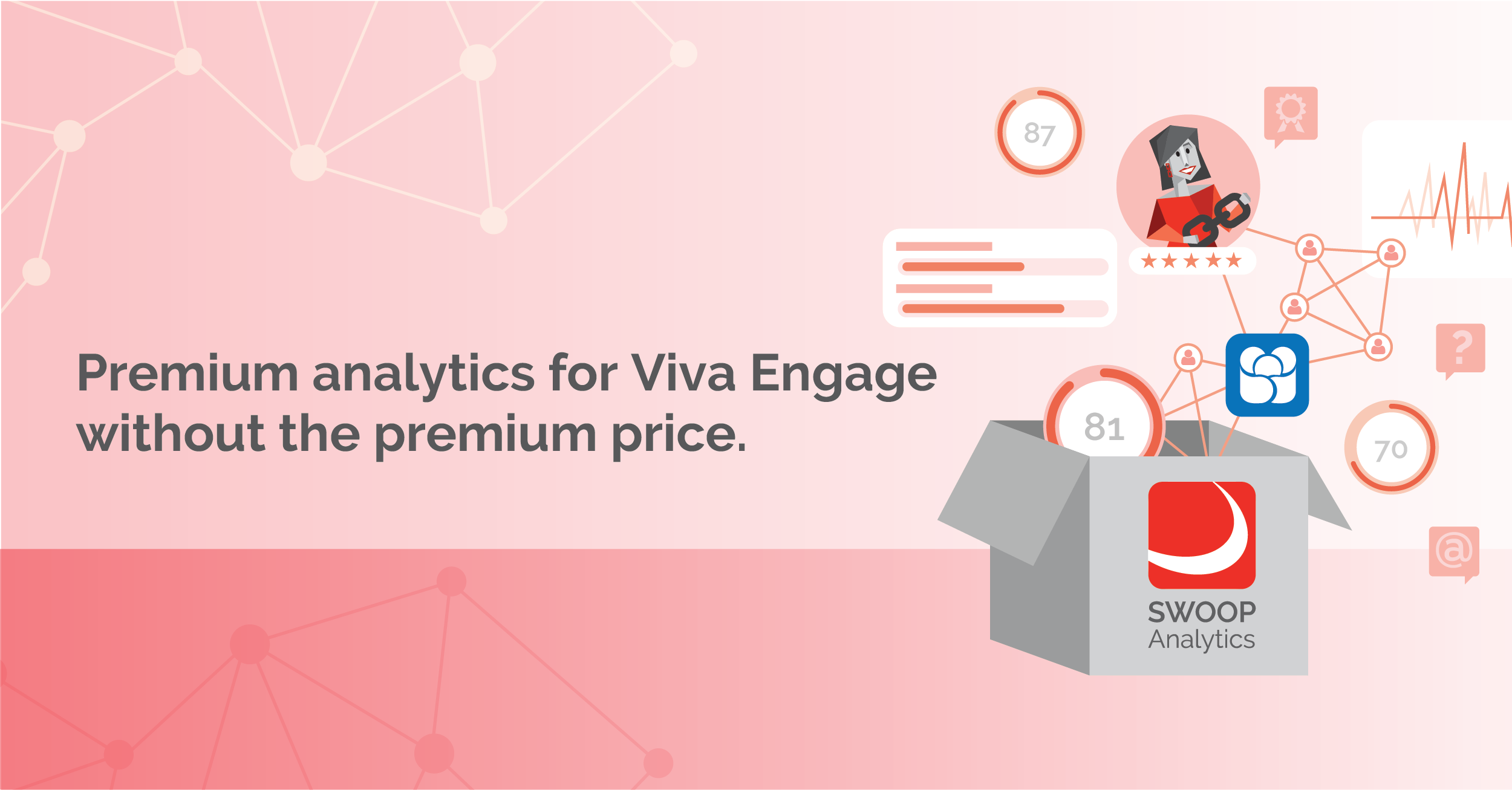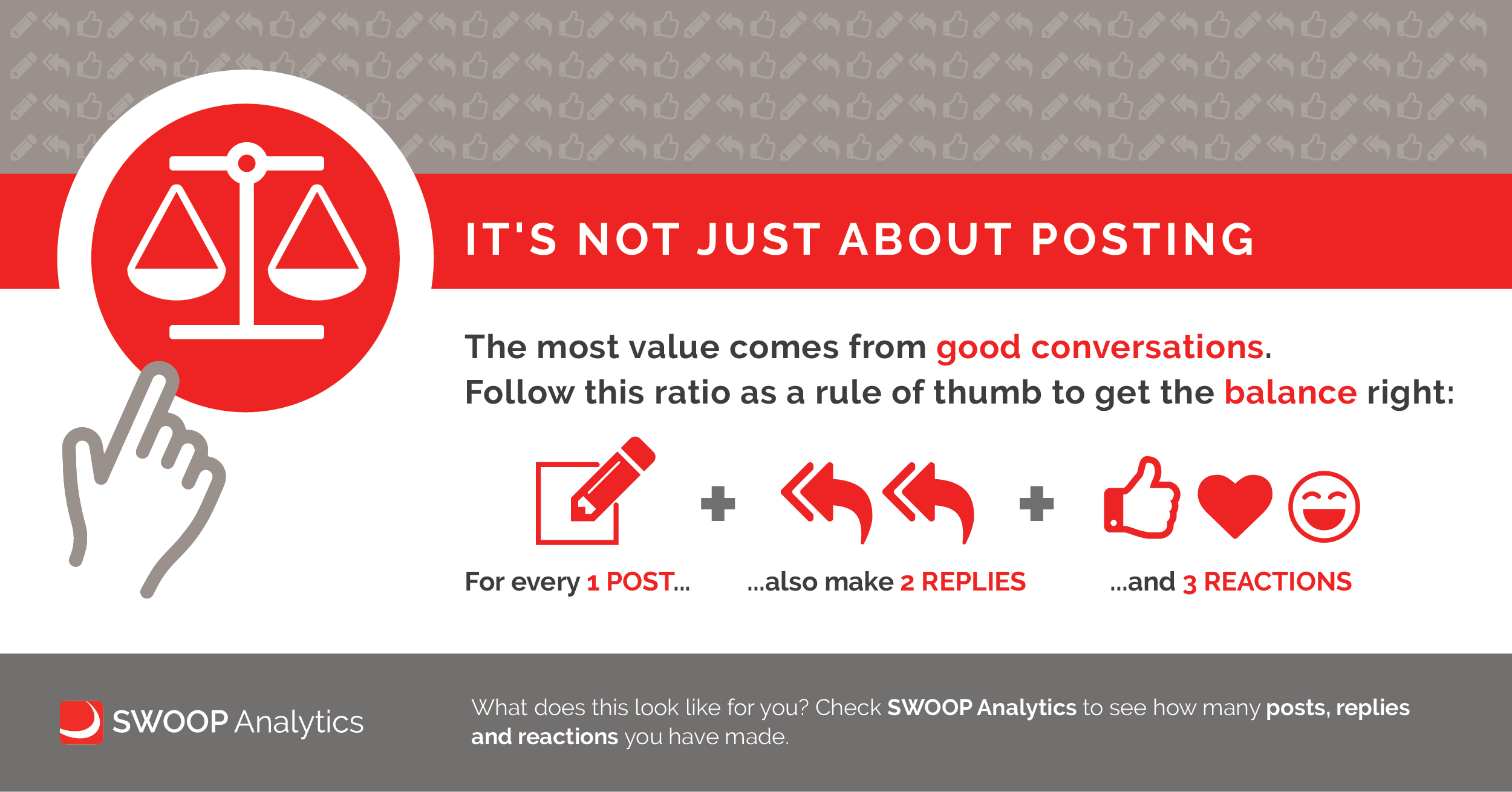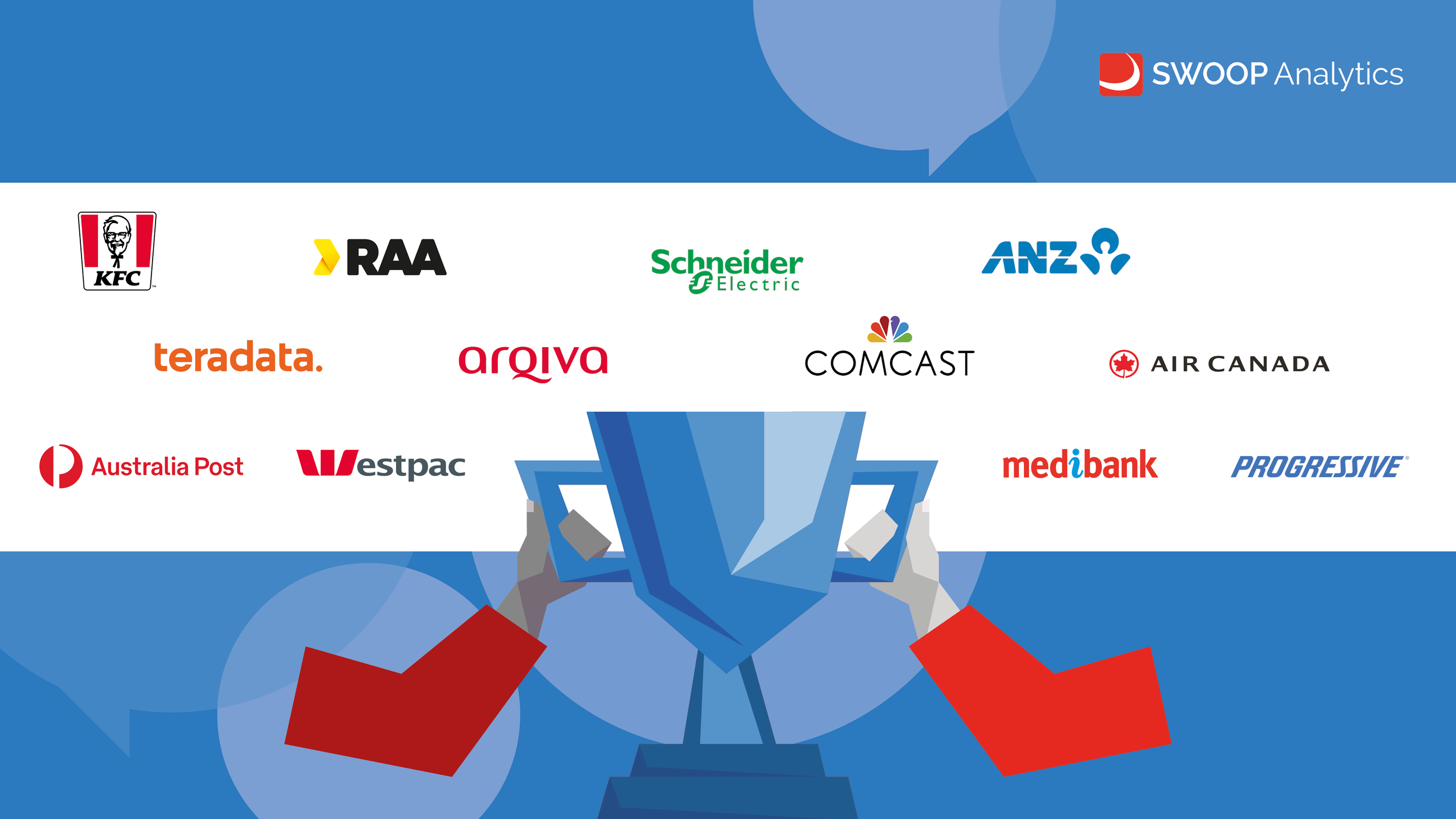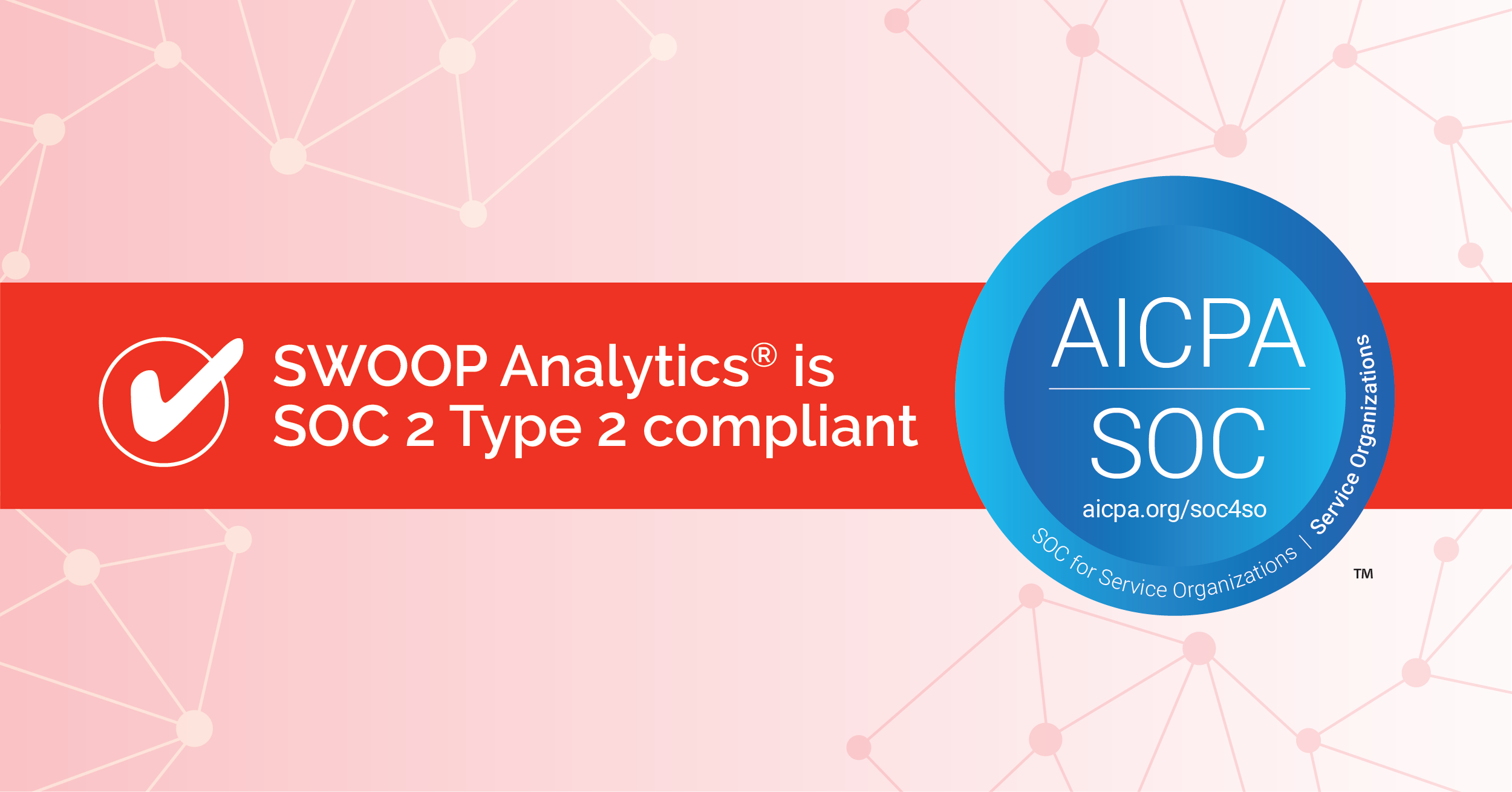
SWOOP Blog
Latest Articles
Blog Archive

Increase adoption: The case for promoting groups on Yammer or Workplace
Is there business value in joining more groups and communities on Yammer or Workplace from Facebook?
We’ve done the analysis and the answer might surprise you!

How many groups should you join?
It’s a busy day, and you’re a busy person. Just how many groups can you realistically participate in on your enterprise social network? Pick a number and we’ll get back to that in a moment.

SWOOP Analytics wins the top award with our research on Groups in Enterprise Social Networks
We’re proud, and a little humbled, to have won the Best Paper at the 29th Australasian Conference on Information Systems for our research into group types on Enterprise Social Networks.

"Social" Groups in Enterprise Social Networks
In this final article in our series on Enterprise Social Group types, we address “non-work” groups and their importance to community success.

Are Private Groups More Openly Sharing than Public Groups?
Amy Dolzine from accounting firm EY recently reflected on five years of observing Yammer groups, both public and private, and like many of us has been promoting transparency and open group collaboration. However, she made the following observation: “In my observations, completely without data, it feels like having private spaces where the audience is limited to a select group, ironically enables people to be more open. When you ask people in an org to be vulnerable to all, people are not as yet willing to ask the difficult questions, and people are less willing to answer. But in a smaller subset they are.”
Amy’s post intrigued us, perhaps because in some way it resonates with what we have observed ourselves. We often hear that private groups provide a safe place to speak openly. At SWOOP we are the ‘data people’ and because of that we felt compelled to see what evidence, using our Yammer benchmarking facilities, we could find.
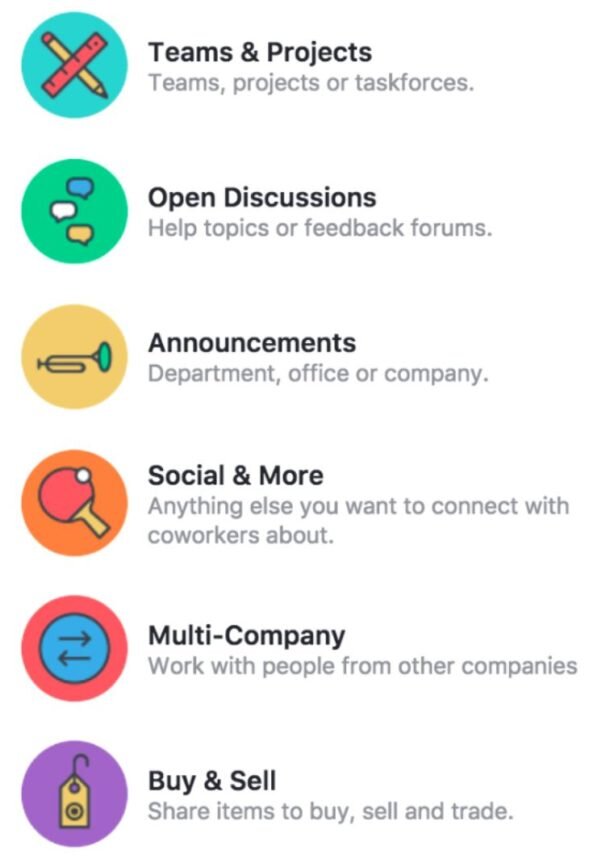
Getting the Best out of Online Groups at Work
The digital workplace has spawned a limitless opportunity to form online groups. Today, organisations can have staff participating in groups emerging through enterprise social, team messaging, online conferencing and a plethora of external groups like LinkedIn and Facebook. No matter the source of their formation, there are some common needs that must be articulated if an online group is to be a success or not. The first step is to be mindful of the type, and therefore, purpose of the online group you are forming. There are vast differences between a group established to share news, to one to support a project team, to one to develop new work practices.

Open vs Closed Groups on Workplace by Facebook: What a Dilemma!
As we started introducing SWOOP to Workplace by Facebook clients, the big difference we noticed between Workplace customers and customers using other Enterprise Social Networking (ESN) platforms was the proportion of “Open” to “Closed” groups. Our 2017 benchmarking report of 57 organisations worldwide identified an average 74% open groups, with four organisations being 100% open.

SWOOP Video Blog 2 - Yammer Groups
In this second episode of Swoop Benchmarking insights we are drilling down to the Yammer Group level. Groups are where the real collaborative action happens.

Looking Beyond the Product to the Purpose: MS Office 365 Groups
Need a conversation starter? How about the Mac vs PC? IPhone vs Galaxy? Facebook vs Twitter? Beach vs Mountains? Clinton vs Trump? Nothing better to while away a few hours than an animated conversation and debate about why I might prefer one product over another. We all know in the end that despite extensive reported analyses and feature lists and the like, our choices are likely deeper than a simple feature by feature trade-off. It’s much subtler than that. An Apple zealot is aligning with Apple’s stated core purpose; its user experience mantra. People will keep lining up outside Apple stores as long as Apple can sustain its mantra. A swipe instead of a click may not seem much, but for an Apple zealot it reinforces their strong preferences to buy Apple.


